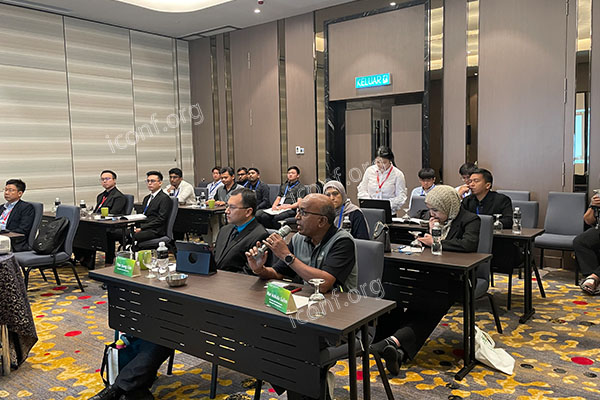Anthropologists are invited to submit original research to a range of 2025 calls for papers covering cultural anthropology, social theory, archaeology, linguistic anthropology, medical and applied anthropology, and interdisciplinary approaches engaging environment, technology, and heritage.

Advance Disciplinary Knowledge
Present ethnographic studies, theoretical analyses, or archaeological findings to enrich anthropological scholarship.
Engage Interdisciplinary Audiences
Collaborate with sociologists, geographers, public health experts, and Indigenous studies scholars.
Influence Policy and Practice
Share applied research that informs community development, heritage preservation, or health interventions.
Enhance Professional Profile
Peer-reviewed proceedings and special journal issues support grant applications, tenure reviews, and international recognition.
Align your submission with one or more of these active areas:
Cultural Anthropology & Ethnography
Analyses of belief systems, rituals, kinship, and globalization impacts.
Archaeology & Material Culture
Fieldwork reports, artifact interpretation, and heritage management practices.
Linguistic Anthropology & Communication
Studies of language use, storytelling, and digital media in communities.
Medical & Health Anthropology
Research on traditional healing, biocultural health, and global health disparities.
Applied Anthropology & Advocacy
Projects in community engagement, development anthropology, and policy advising.
Environmental Anthropology
Investigations of human–environment interactions, climate adaptation, and resource governance.
Digital and Visual Anthropology
Use of digital methods, virtual reality, and visual media in anthropological research.
Use a centralized academic platform—such as an online CFP aggregator—to streamline your workflow:
Filter by Subdiscipline
Select “Anthropology” and then narrow down to your speciality.
Track Deadlines
Monitor abstract and full-paper submission dates in one dashboard.
Review Submission Guidelines
Confirm word counts, formatting requirements, and peer-review procedures.
Verify Venue Quality
Choose CFPs from reputable associations, university presses, and leading journals.
Match the CFP Scope
Ensure your topic aligns precisely with the call’s thematic focus and keywords.
Craft a Concise Abstract
Summarize research questions, ethnographic context or methods, key findings, and implications in 250–300 words.
Use Clear Structure
Organize your manuscript with sections such as Introduction, Methods, Findings, Discussion, and Conclusion.
Include Rich Ethnographic Detail
Provide illustrative examples, participant narratives, maps, or photographs where appropriate.
Follow Ethical Standards
Report informed consent procedures, community collaboration protocols, and data anonymization methods.
Proofread and Seek Feedback
Solicit peer review and consider professional editing to ensure clarity, coherence, and cultural sensitivity.
Preparing a well-aligned, methodologically rigorous manuscript ensures your anthropological research resonates with scholarly and practitioner audiences. Begin your 2025 submissions today to contribute to the global anthropology community.